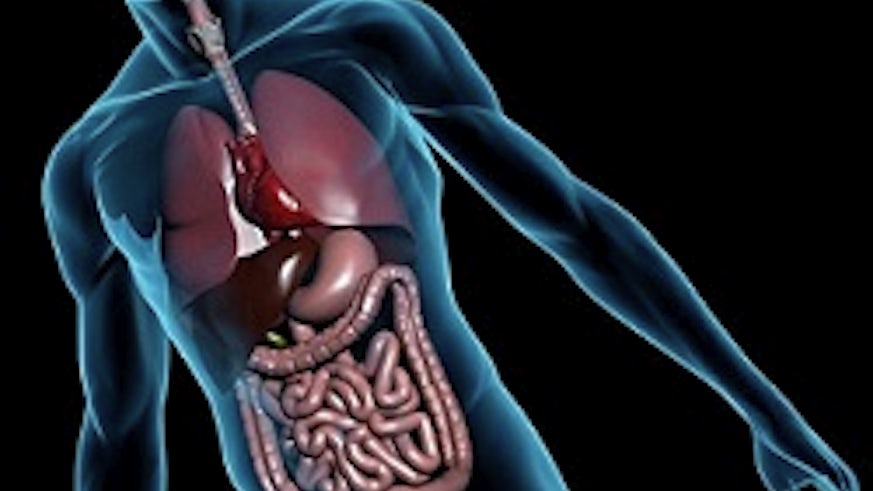Fight against organ failure advances
10 January 2014

The findings of a 20-year project undertaken by scientists committed to developing improved treatments for chronic kidney disease reveal a significant advance in our understanding of organ failure.
In a new paper published in the journal Immunity, researchers at the School of Medicine demonstrate a novel link that strongly implicates chronic inflammation in organ damage resulting in organ failure. The research paves the way for a new generation of therapies that will protect organs from this type of damage and diagnostics capable of predicting patients susceptible to organ failure.
Critical for patients with kidney failure on peritoneal dialysis*, the peritoneal cavity was used by scientists as a model to show how repeated episodes of infection result in inflammation triggering irreversible tissue damage.
"Damage to organs, such as the heart, lungs, liver, kidneys – in this case the peritoneal cavity – due to chronic inflammation is a significant healthcare issue. Tissue damage results in organ dysfunction and in some cases organ failure requiring transplantation or dialysis," said Professor Simon Jones, one of the lead authors of the study.
The other senior investigator of the paper, Professor Nick Topley, added:
"Preventing infection-induced damage to the peritoneal membrane is critical to the future success of peritoneal dialysis. These findings are a major leap forward as they will allow us to target specific pathways for therapeutic benefit. This will enable us to treat patients for longer and more efficiently and target those who are most likely to develop problems."
The research was funded by the Welsh Government, The Wellcome Trust, Kidney Research UK and Arthritis UK. The paper is entitled 'Interleukin-6 Signaling Drives Fibrosis in Unresolved Inflammation'.
*A treatment for patients with severe chronic kidney disease. The process uses the patient's peritoneum in the abdomen as a membrane across which fluids and dissolved substances (electrolytes, urea, glucose, albumin and other small molecules) are exchanged from the blood.